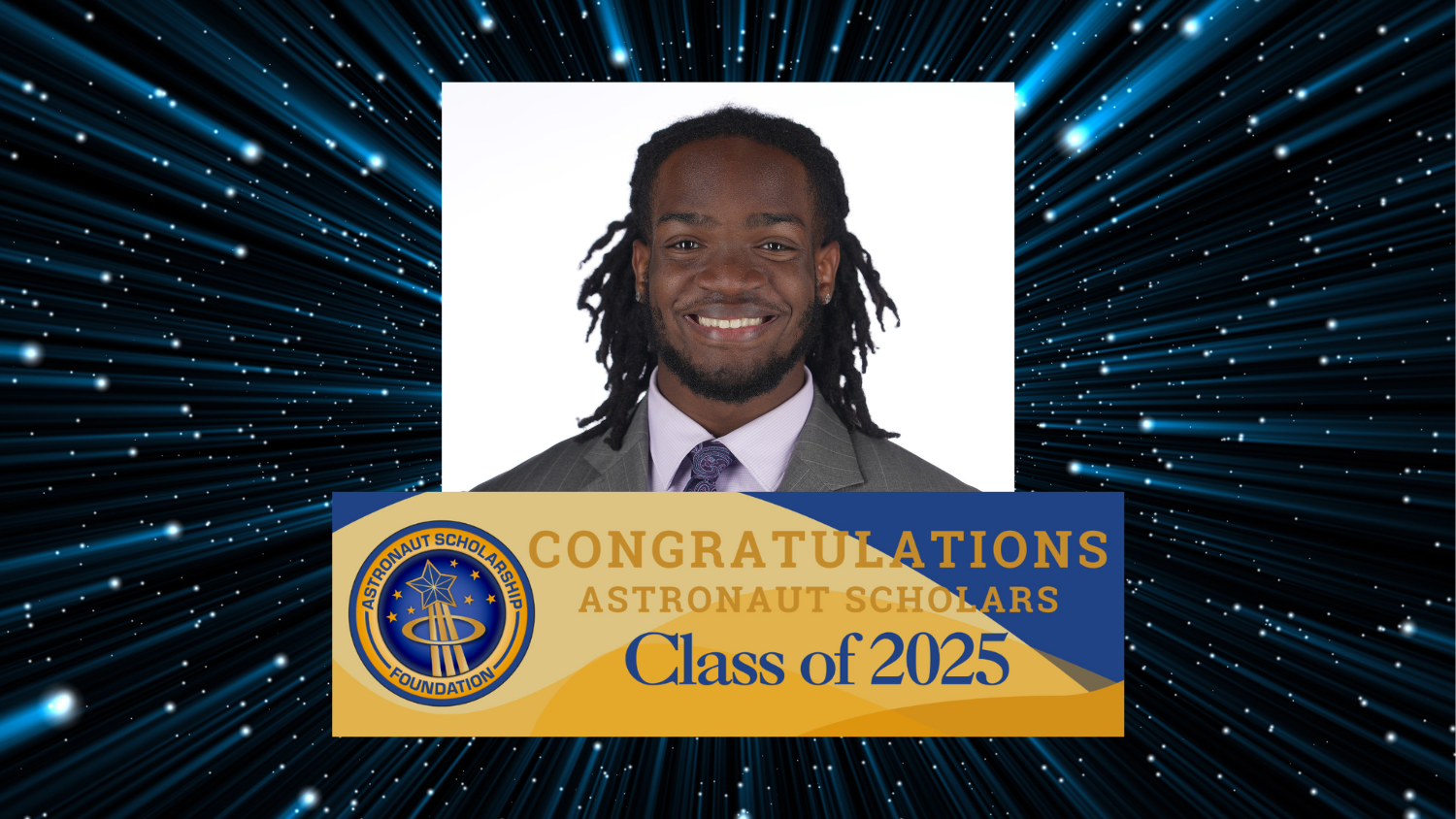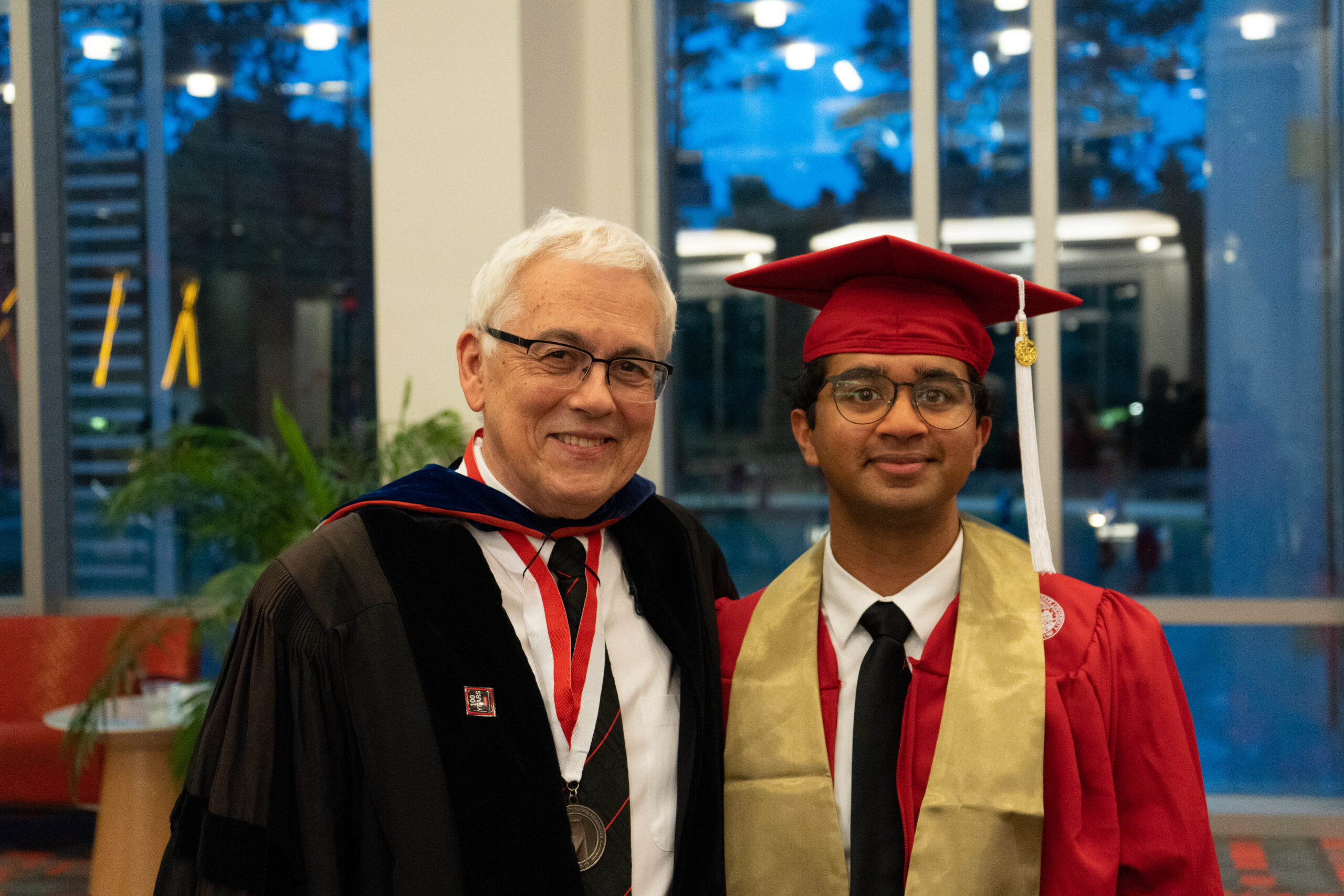Alums Nikki McArthur, Sean Engels and Chris Cooper Receive Graduate Research Fellowships
CBE alumni Nikki McArthur (B.S. ’18) and Sean Engels (B.S. ’18) have received Graduate Research Fellowships from the National Science Foundation (NSF). Nikki and Sean are Ph.D. graduate students at Georgia Tech and the University of Texas at Austin, respectively.
According to the NSF web site, “…The program recognizes and supports outstanding graduate students in NSF-supported science, technology, engineering, and mathematics disciplines who are pursuing research-based master’s and doctoral degrees at accredited United States institutions.”
Furthermore, “….the GRFP has a long history of selecting recipients who achieve high levels of success in their future academic and professional careers. The reputation of the GRFP follows recipients and often helps them become life-long leaders that contribute significantly to both scientific innovation and teaching. Past fellows include numerous Nobel Prize winners, U.S. Secretary of Energy, Steven Chu, Google founder, Sergey Brin and Freakonomics co-author, Steven Levitt.”
A key part of the Fellowship application is the applicant’s Graduate Research Plan Statement. The Statement outlines an original research project the applicant intends to undertake.
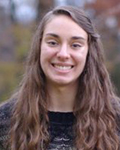
Nikki’s research project, “Engineering Aggregate-Specific Polyvalent Antibodies,” is focused on proteins involved in protein misfolding diseases. The work involves discovering and amplifying the effectiveness of antibodies that “attack” α-synuclein, which is linked to both Parkinson’s and Alzheimer’s diseases. Other researchers will be able to use the antibodies in determining the role of misfolded proteins in certain neurodegenerative disorders, and the antibodies will be potential therapeutics for protein misfolding diseases.
A native of Raleigh, Nikki is a first year bioengineering graduate student working in Dr. Ravi Kane’s lab at Georgia Tech. During her Ph.D. work she hopes to use protein engineering to develop tools to study and treat diseases. She loves to travel and rock climb.
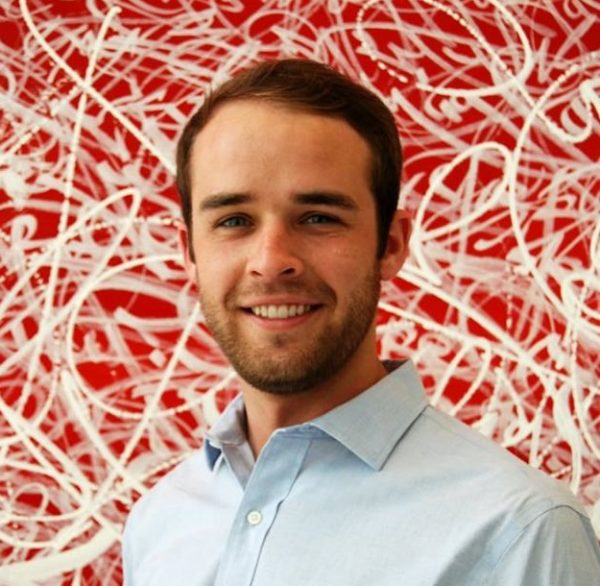
Sean’s project, “Engineering synthetic biological reporters of air pollution toxicity,” is focused on developing an RNA-based sensor to measure the toxicity of polluted air (Oxidative stress in human cells from air pollution is estimated to cause 4.2 million premature deaths annually). To accomplish the task he’ll, first, develop chemical techniques to quantify targeted oxidative damage to RNA in cells and, second, develop technology to translate the raw biochemical data into easily understandable output from a sensor.
Sean’s biographical statement states that his years as a student researcher in Dr. Adriana San Miguel’s lab inspired him to continue research in academia. At UT-Austin he’s supervised by Dr. Lydia Contreras, and studies human RNA regulatory networks and epitranscriptomics in the context of air pollution. In his free time, he enjoys hiking and biking the trails around Austin, exploring the many restaurants around the city with friends, and kayaking.
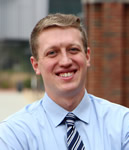
Chris Cooper (B.S. ’17) received a National Defense Science and Engineering Graduate (NDSEG) Fellowship. NDSEG Fellowships are awarded to U.S. citizens or nationals trained in disciplines of science and engineering of interest to the U.S. Department of Defense. He’s currently a Ph.D. graduate student in chemical engineering at Stanford University working in Prof. Zhenan Bao’s research group.
Chris is NC State’s second Churchill Scholar and was one of 15 Churchill recipients in 2017. The Churchill Scholarship enabled him to complete a Master of Philosophy Degree in Chemical Engineering and Biotechnology at Cambridge University in the U.K. prior to enrolling at Stanford. In 2017, he was also the recipient of an NSF Graduate Research Fellowship.
At NC State, Chris was a Park Scholar, a Goldwater Scholar, a Benjamin Franklin Scholar and a member of the University Scholars Program. He was elected into Phi Beta Kappa as a junior and graduated with degrees in chemical engineering and economics.
- Categories:

